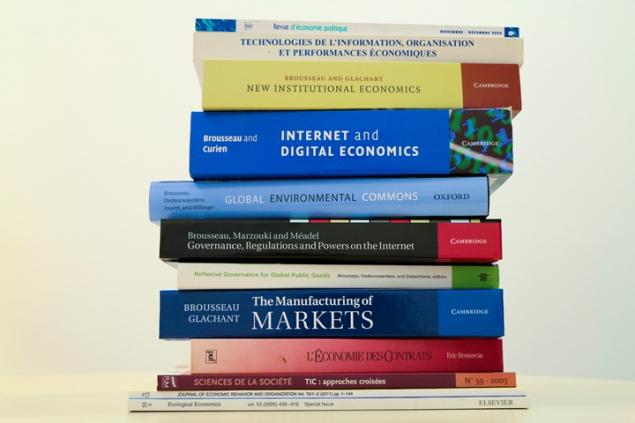
|
| , - |
|
| Salle C 108 (1er étage), Université Paris-Dauphine |
SPEAKER :
"A theory of petty corruption" - Co-écrit avec Julie Lassebie
The paper studies the impact of tight government budget constraint on corruption. Government without adequate funding to finance its basic public services allows its employees to complete their income with bribes. It is not equivalent whether the bribes come from capture or extortion: Extortion, which is linked to a delegation regime of the burden of the proof type, is less damaging for the government than capture, which is favored by a delegation regime of the presumption of innocence type. When public budget constraints become tighter, administrations hence progressively shift from a capture-proof regime rooted into a presumption of innocence regime, to a regime of extortion fostered by a burden of the proof regime. In countries where public finances are high, corruption is therefore low and takes the form of capture. Administrations are efficiently run. In countries where the government faces severe budget constraints, corruption is high and takes the form of extortion. Administrations are composed of rent seekers who do not provide much effort. In the limit they become purely predatory.























